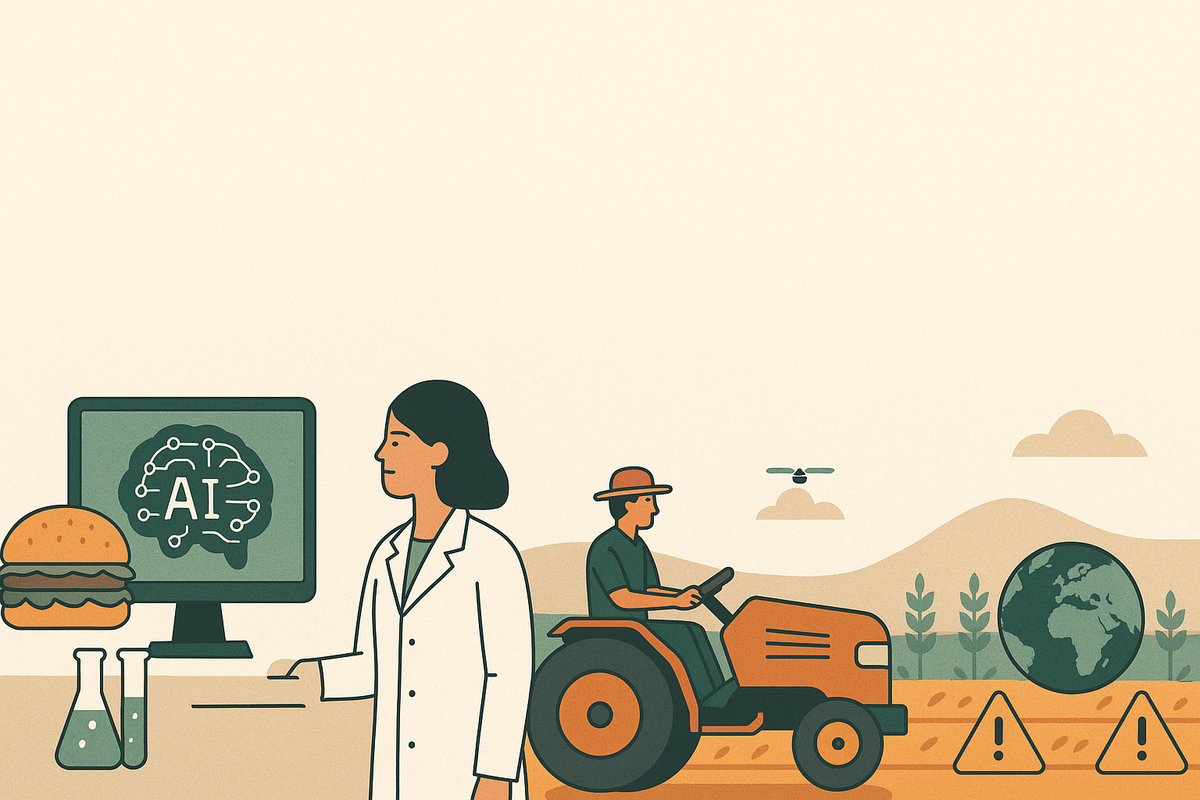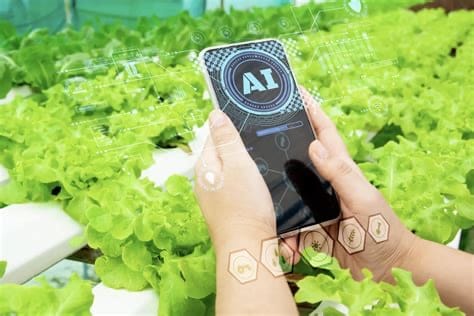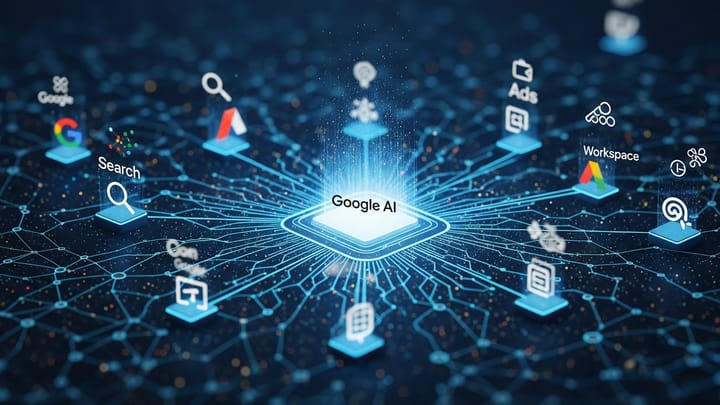AI Tackles Global Food Crisis: Innovation Toward Future Food Security
AI is driving innovative solutions for the global food crisis, advancing plant-based food, precision agriculture, and efficient food supply chains for a sustainable future.

The global food crisis is a looming threat as population growth and climate change intensify. Researchers from Stanford University highlight the potential of artificial intelligence (AI) to revolutionize the world’s food systems. With its advanced capabilities, AI can accelerate plant-based food innovation, optimize agricultural production, and reduce environmental impact. However, challenges around data quality and taste complexity remain major hurdles.
AI in Plant-Based Food Innovation
AI is now a driving force in the development of plant-based foods that rival animal products. Using advanced algorithms, scientists can analyze data on taste, texture, and nutritional content, making plant-based alternatives like meat substitutes more appealing to consumers. This not only speeds up innovation but also significantly reduces the carbon footprint of the food industry.
Precision Agriculture and Production Efficiency
In agriculture, AI utilizes data from sensors, drones, and satellite imagery to optimize the use of water, fertilizers, and pesticides. The result is increased food production, reduced waste, and greater sustainability in farming practices. This technology has proven effective in various developing countries, including India, by strengthening smallholder farmers’ resilience to extreme weather.
Optimizing the Food Supply Chain
AI also plays a key role in managing the food supply chain, from demand forecasting and waste reduction to more efficient distribution. These innovations are crucial to ensuring food reaches consumers on time and in optimal condition.

Challenges in Implementing AI in Food Systems
Despite its immense potential, AI adoption faces significant barriers, including limited agricultural data, the complexity of consumer taste preferences, lack of access for small farmers, and data privacy issues. Cross-sector collaboration is key to ensuring this technology is accessible and fairly distributed.
AI as a Solution for the Global Food Crisis
Artificial intelligence offers innovative solutions for the global food crisis, from boosting production efficiency and advancing plant-based food innovation to optimizing the supply chain. Achieving the best outcomes will require synergy among governments, the private sector, and farmers in adopting this technology.
With the optimal use of AI, hopes for global food security are more attainable. This transformation is not only about technology but also a shared commitment to a sustainable food future.





Comments ()